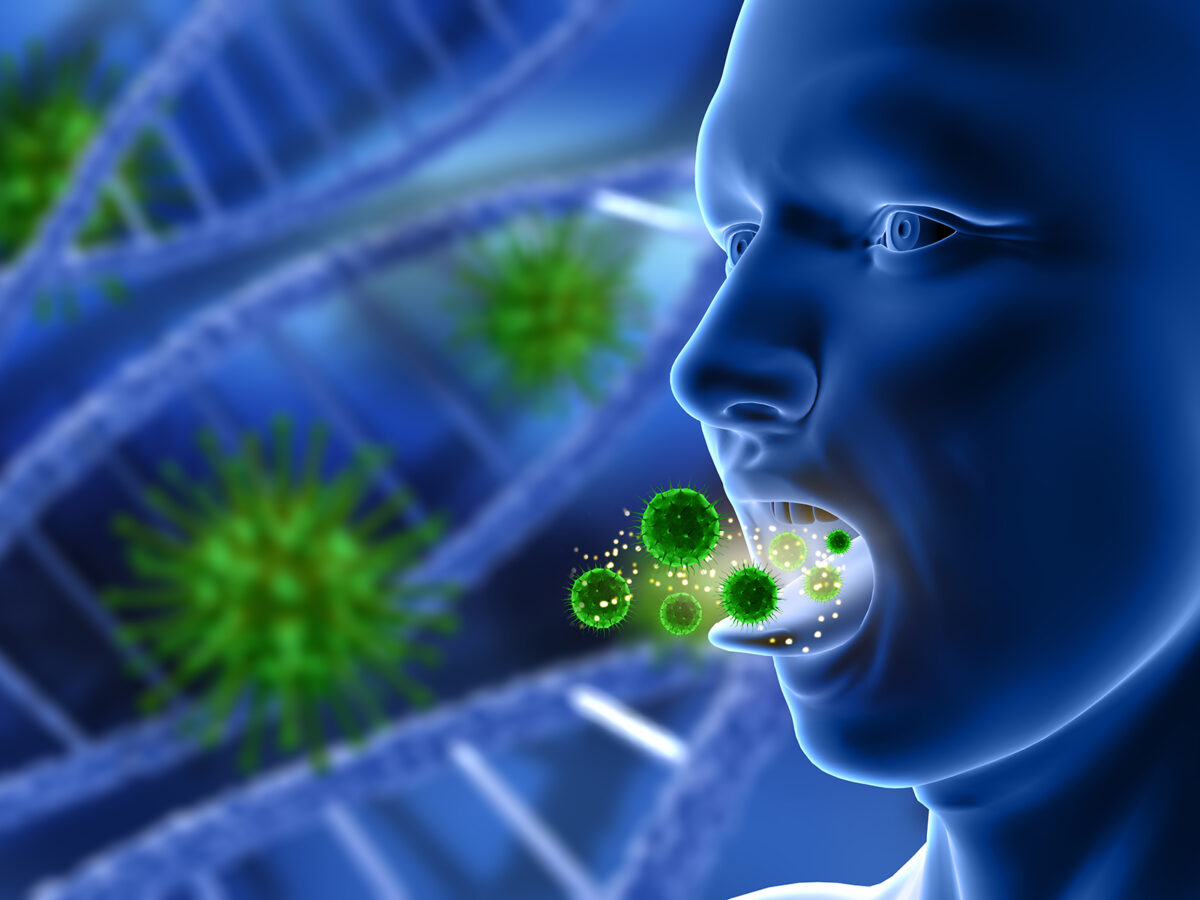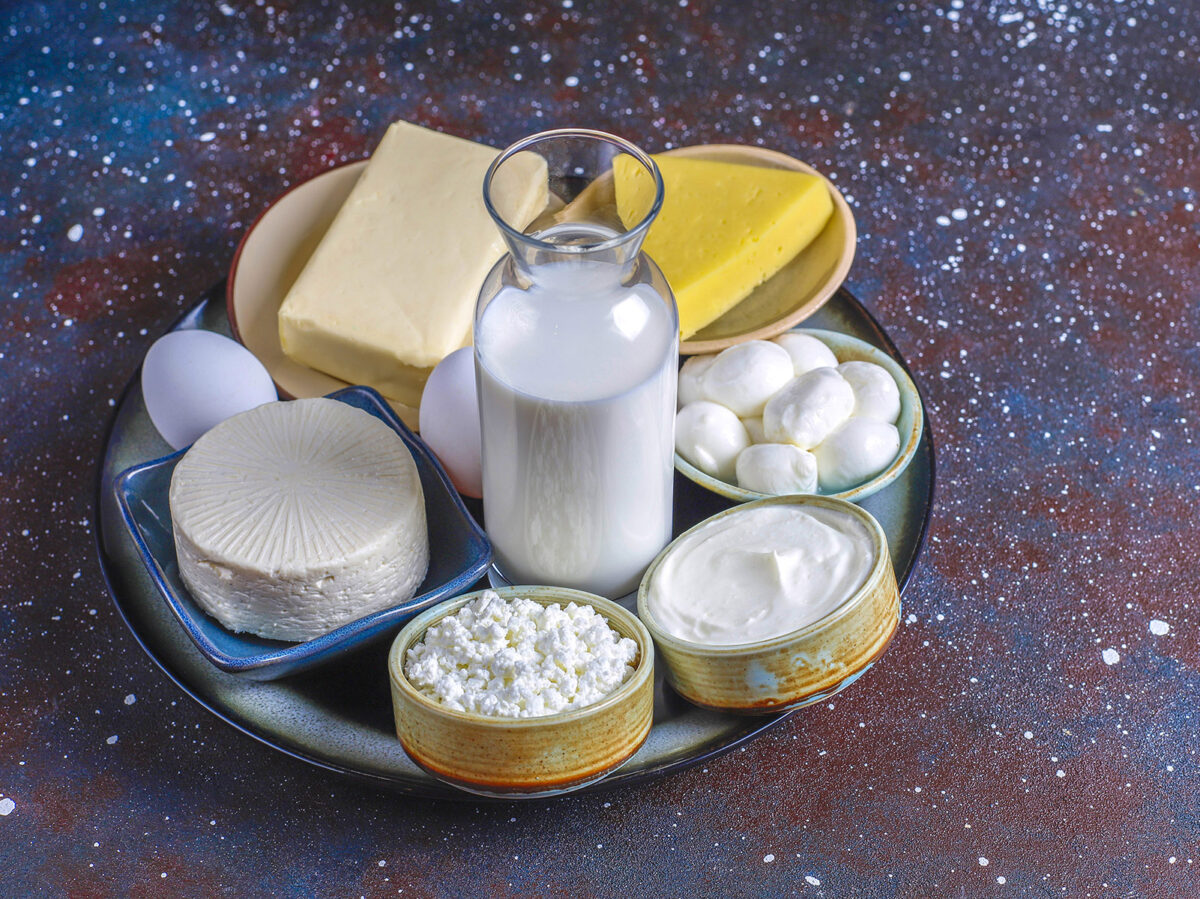Retainers play a crucial role in dental hygiene and in maintaining the alignment of your teeth. If neglected, they can harbor bacteria, potentially leading to infections and tooth decay. While regular brushing and flossing are essential for oral health, it’s equally important to ensure that retainers are kept clean to prevent complications.
In this article, we’ll guide you on how to clean retainers and discuss the best practices. Proper care of your retainers not only ensures oral hygiene but also extends their lifespan.
How to Clean a Dental Retainer?
Permanent retainers are an excellent solution for maintaining teeth alignment post-braces. However, they demand meticulous care. By taking precautions, you can ensure both a healthy mouth and a long-lasting retainer.
Which Ingredients Are Best for Cleaning Dental Retainers?
The most recommended solution for cleaning retainers is plain or distilled water, which helps keep them moist. Additionally, hydrogen peroxide and baking soda are effective cleaning agents due to their antibacterial properties, which combat plaque buildup.
Dipping retainers in a solution of hydrogen peroxide and warm water for 15 minutes can effectively reduce germs. However, always rinse your retainers thoroughly after cleaning to remove any residual chemicals that might damage tooth enamel.
Tips for Cleaning Your Retainer
Here are some guidelines for proper retainer care:
- Soak your retainer in a non-abrasive solution, such as hydrogen peroxide, baking soda, or a denture cleanser, every other day. Avoid using excessively hot water as it might warp the retainer.
- Refrain from using abrasive tools like toothpicks or metal brushes. These can scratch the retainer’s plastic material, compromising its integrity and appearance.
- Soft-bristled brushes with mild toothpaste can be used for cleaning. However, avoid using harsh toothpaste or hard-bristled brushes as they can discolor or scratch the retainer.
Do’s and Don’ts of Retainer Cleaning
Do’s:
- Use lukewarm or cool water.
- Consider a paste made of baking powder and baking soda for cleaning.
- Use a diluted mixture of hydrogen peroxide for cleaning.
- A diluted vinegar solution can help remove plaque.
- Consider purchasing a premade retainer cleaner.
- Always rinse your retainer with water before wearing it to ensure no harmful residues remain.
Don’ts:
- Avoid disinfectant cleaning wipes.
- Don’t soak in hot water.
- Refrain from using mouthwash containing alcohol.
- Always store your retainer in its case.
Final Thoughts
Retainers are essential for preserving your beautiful smile and protecting your teeth. A clean retainer is vital for oral health. If not maintained properly, it can lead to infections and damage to your enamel and gums.
It’s best to clean retainers with mild solutions or specialized denture solutions. Soft-bristled brushes help maintain the retainer’s shine, while harsh brushes or chemicals can damage its surface. For comprehensive guidance on retainer care, always consult your dentist.



